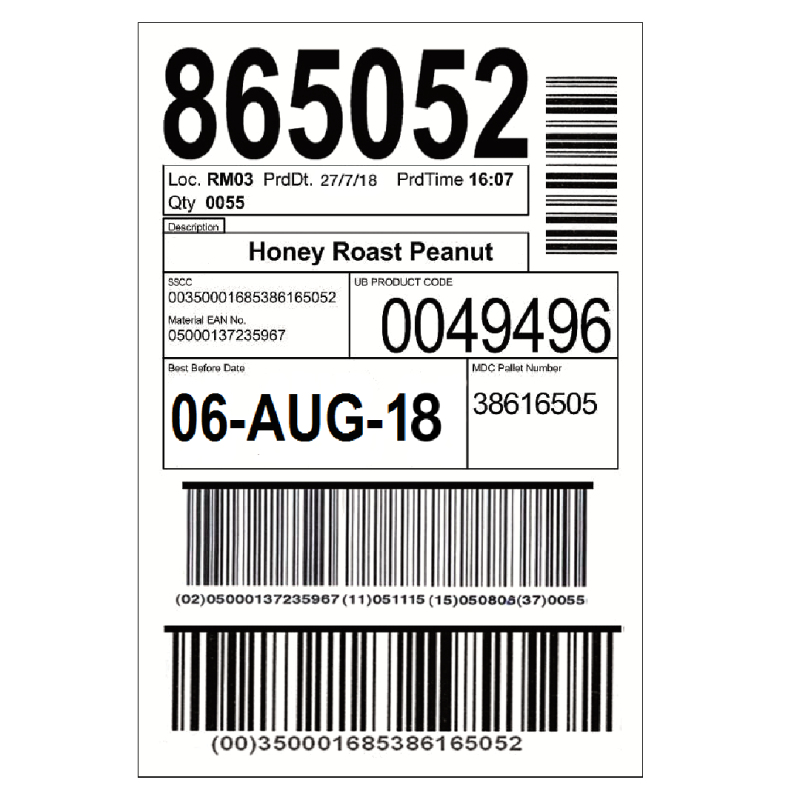Pallet Labels: Essential Information and Best Practices
What Are Pallet Labels?
Pallet labels are identification tags attached to palletized goods during storage and transportation. These labels contain critical information that facilitates tracking, inventory management, and efficient logistics operations throughout the supply chain.
Key Information on Pallet Labels
Effective pallet labels typically include:
- Product description and SKU numbers
- Batch or lot numbers for traceability
- Quantity of items on the pallet
- Warehouse location codes
- Barcodes for quick scanning
- Shipping destination details
- Handling instructions (fragile, temperature-sensitive, etc.)
Types of Pallet Labels
Various pallet label types serve different purposes:
- Shipping Labels: Contain destination information and tracking numbers
- Inventory Labels: Used for stock management within warehouses
- Barcode Labels: Enable quick scanning and data capture
- Custom Labels: Designed for specific industry requirements
Regulatory Requirements
Depending on your industry and shipping destinations, pallet labels may need to comply with specific regulations:
- Retail compliance labels (Walmart, Target, Amazon requirements)
- Hazardous materials labeling for dangerous goods
- Food safety labels with expiration dates
- International shipping labels with customs information
Best Practices for Pallet Labeling
Follow these guidelines for effective pallet labeling:
- Place labels on at least two adjacent sides of the pallet
- Ensure labels are positioned at a consistent height for easy scanning
- Use durable, weather-resistant materials for outdoor storage or shipping
- Verify that barcodes are scannable from a reasonable distance
- Include human-readable text alongside barcodes
- Regularly inspect labels for damage or fading
Benefits of Proper Pallet Labeling
Implementing an effective pallet labeling system offers significant advantages:
- Improved inventory accuracy and visibility
- Faster shipping and receiving processes
- Reduced errors in order fulfillment
- Enhanced traceability throughout the supply chain
- Better compliance with customer and regulatory requirements
- Increased operational efficiency and cost savings
Conclusion
Pallet labels are a critical component of modern supply chain management. By implementing a comprehensive labeling system that includes all necessary information and follows industry best practices, businesses can significantly improve their logistics operations, reduce errors, and enhance overall efficiency. Whether you're shipping to retail partners, distributing to customers, or managing internal warehouse operations, proper pallet labeling is an investment that delivers substantial returns.
